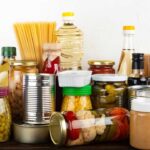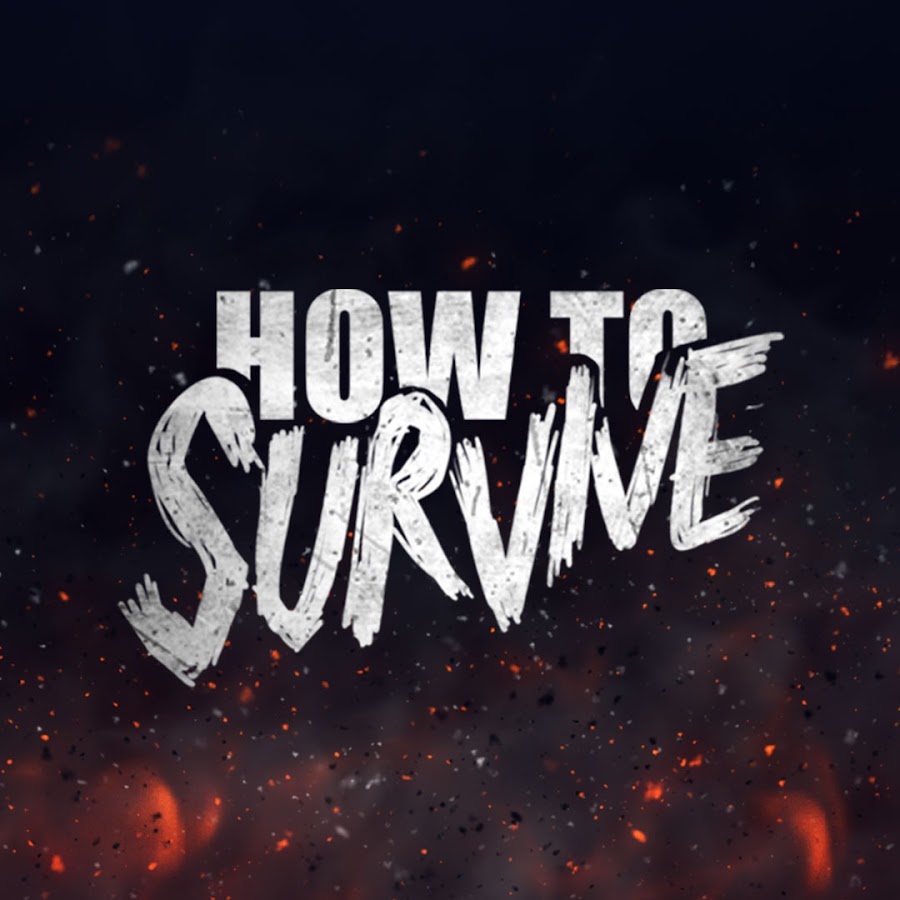Are you prepared for a disaster? From tornadoes in the summer to hurricanes in the fall and blizzards in the winter, Mother Nature can quickly take us by surprise, so it’s important to take some time and think about your own emergency and disaster preparedness. Survival preparedness.
Usually, in emergencies, the power goes out, and your refrigerator, freezer, and oven become useless. If you’re lucky enough to have a gas stove, you should still be able to cook, even with an electronic ignition; check your manual and ensure you have matches available in a waterproof container. An outdoor grill can be a great appliance, but don’t use it indoors, even in the garage.
So what should you do if you have an electric stove or oven and the weather is too bad for outdoor grilling? Trust these tips.
Tips for a disaster
- Canned and dry foods can come to the rescue in these situations. Buy low-sodium varieties and store them in a cool, dry place, making sure to mark the date of purchase on the product.
- Pick up easy recipes that use these items and store them with food and basic utensils like a can opener, bowls, spoons, and plates.
- Many items cannot be canned. Look for juice boxes, boxed broth and broth, dried fruit and snacks, and others that can be stored without refrigeration.
- Rotate your stock of canned and dry foods from time to time to ensure your supply is fresh.
- Be sure to get the Parmesan that is sold in the plastic container. That cheese should be stored at room temperature, even after opening the package, so it’s great to have on hand for an emergency pantry.
- Many fruits and vegetables will maintain their quality at room temperature. Apples, bananas, tomatoes, grapes, lettuce heads, squash, onions, potatoes, celery, peppers, and other produce will keep well if stored in a cool, dark place.
- Water is an important staple, not only for drinking but also for rehydrating dry food. Keep bottled water on hand for drinking, cooking, and even brushing your teeth. At a minimum, store at least one gallon of water per day per person in your home.
- Before Hurricane Katrina, experts recommended having enough for three days’ worth of meals, but a week or two of supplies is a better idea for long turnaround times.
- In addition to food, a well-stocked pantry should include batteries, a radio, pet food if your household includes furry friends, bottled water, flashlights or emergency lighting, candles, a can opener, matches, and any prescription medication your family needs.
- A first aid kit is also necessary; if you have the space, consider storing extra clothes and blankets.
- Remember to take your cell phone and ensure the batteries are fully charged.
- Remember that if you do not have a source to cool the food, you must prepare just enough to eat in 1 to 2 hours. A cooler full of ice is fine for keeping food cold, but it won’t cool warm or room-temperature food fast enough to avoid safety concerns. Eat all perishable foods within 2 hours or throw them away.
- If the weather is safe enough to grill outdoors, prepare lunch packages with heavy-duty aluminum foil. Cleanup for these one-dish meals will be minimal, as will paper plates, cups, napkins, and plastic utensils.
Stock your pantry and stay informed. You will feel better knowing that your family is prepared.










